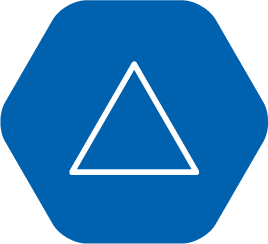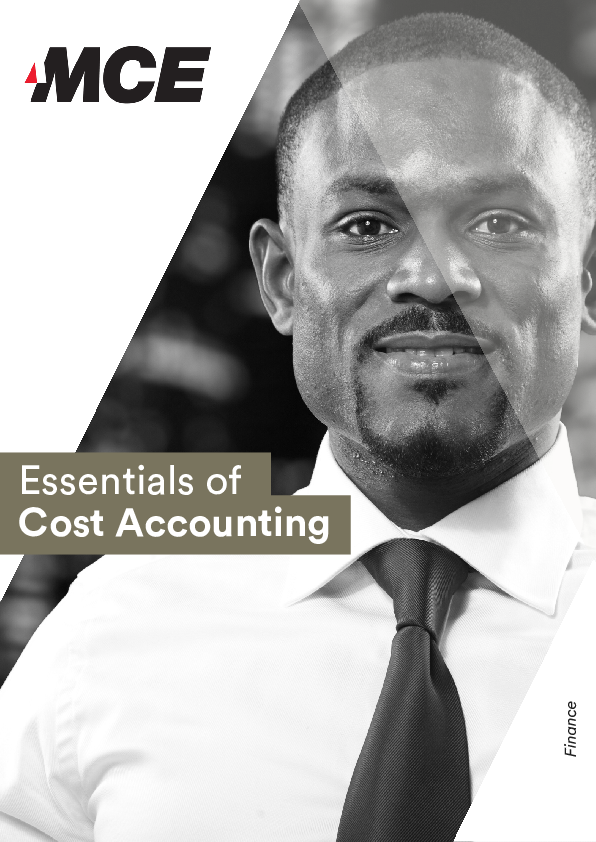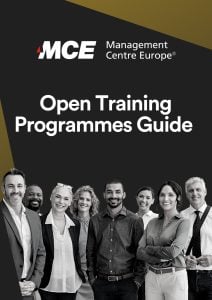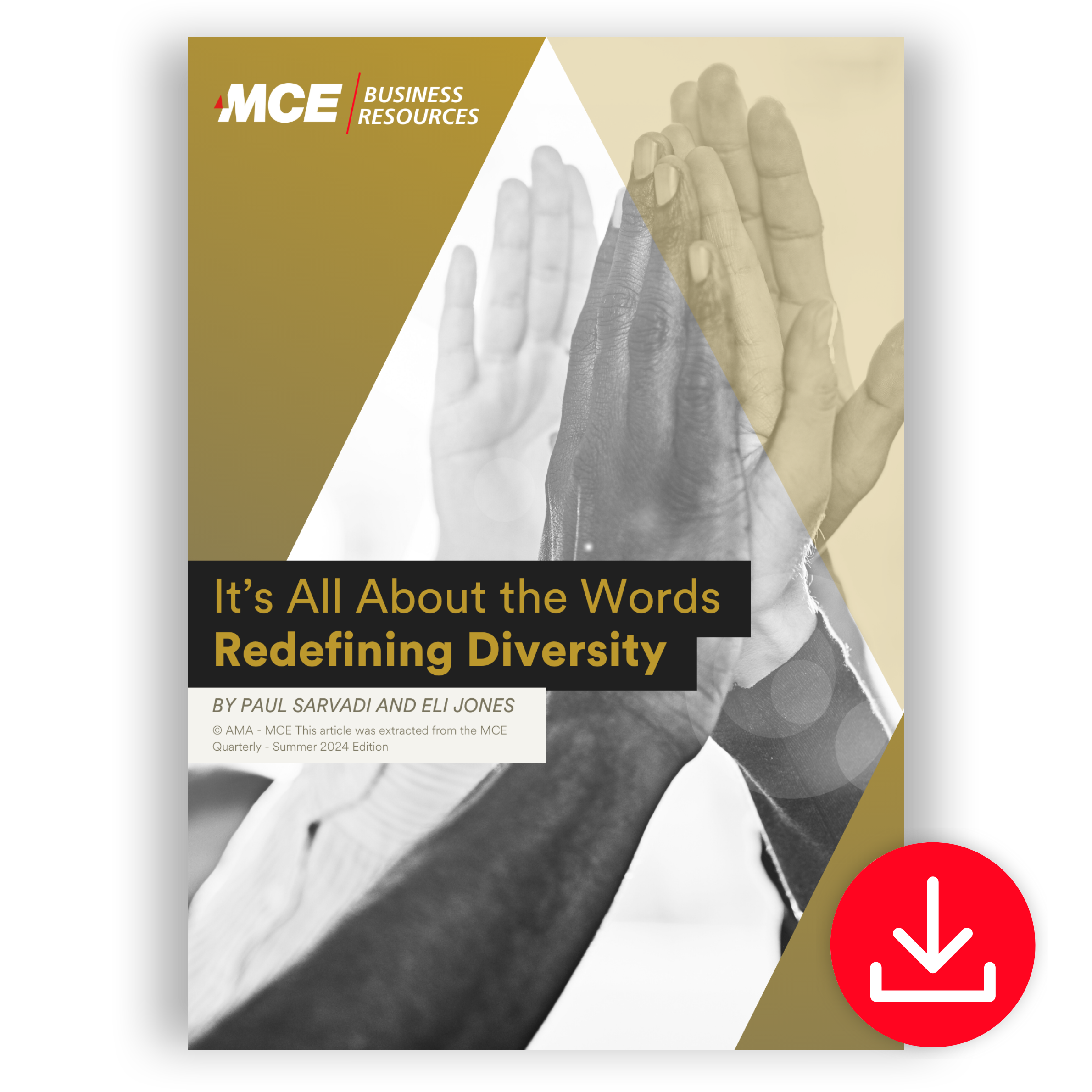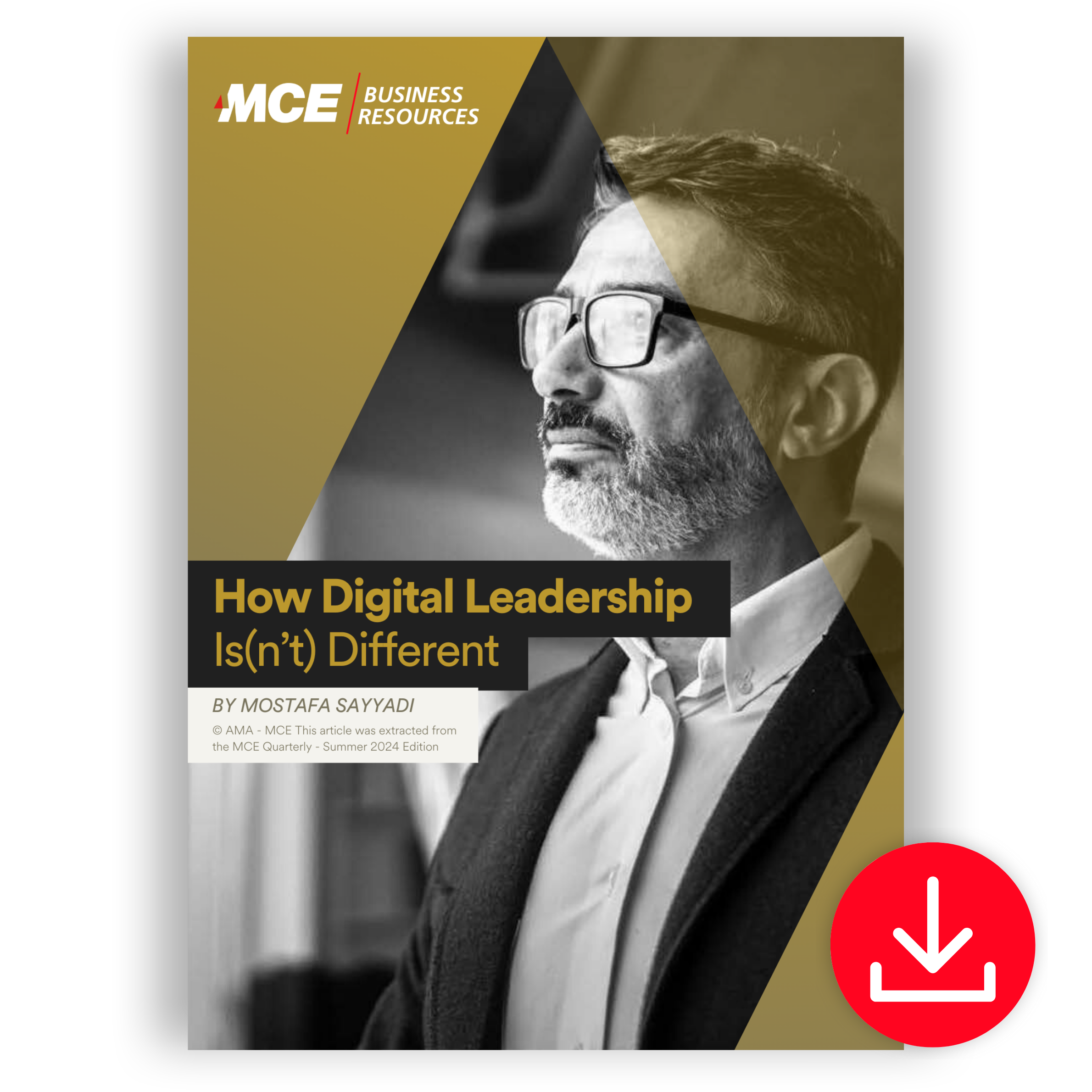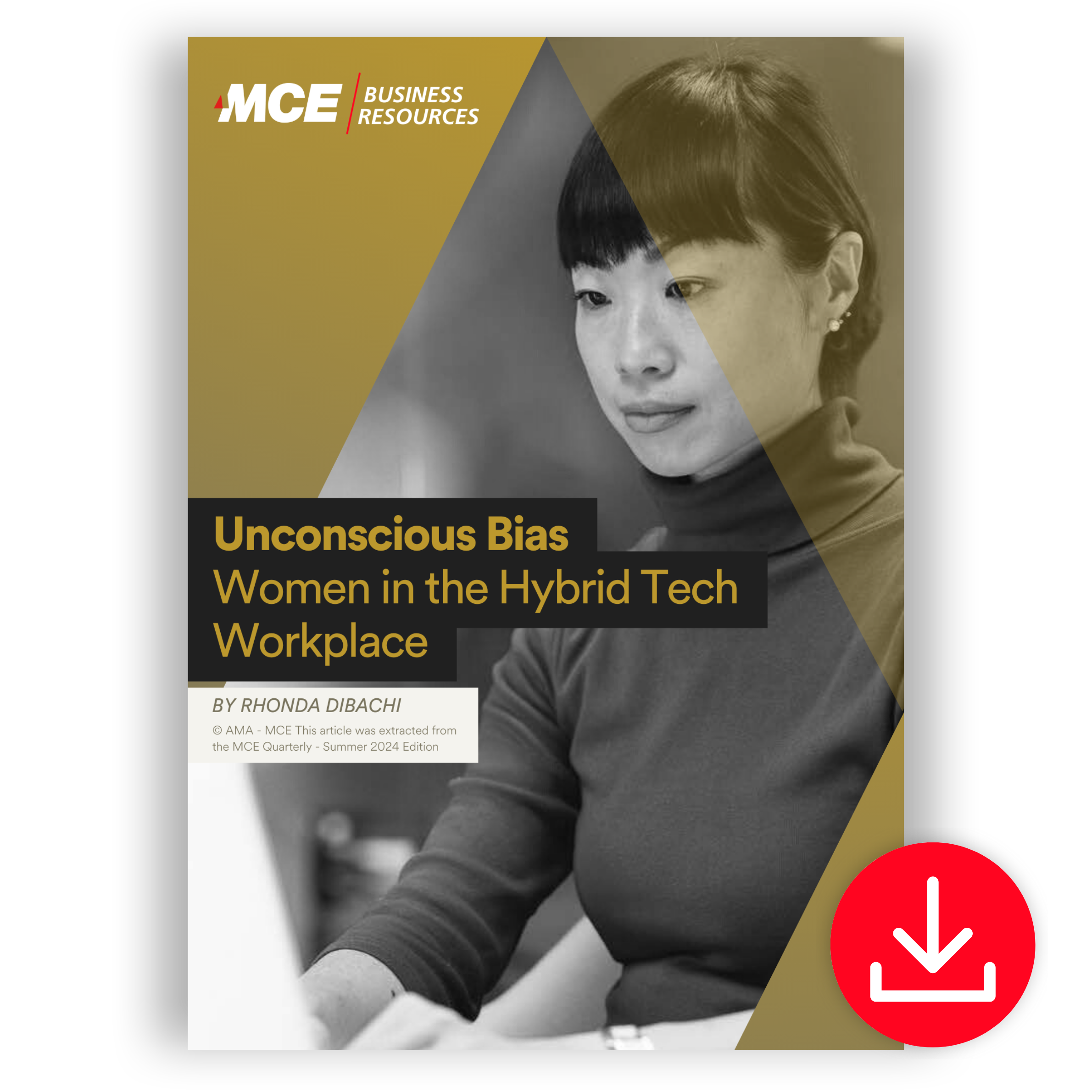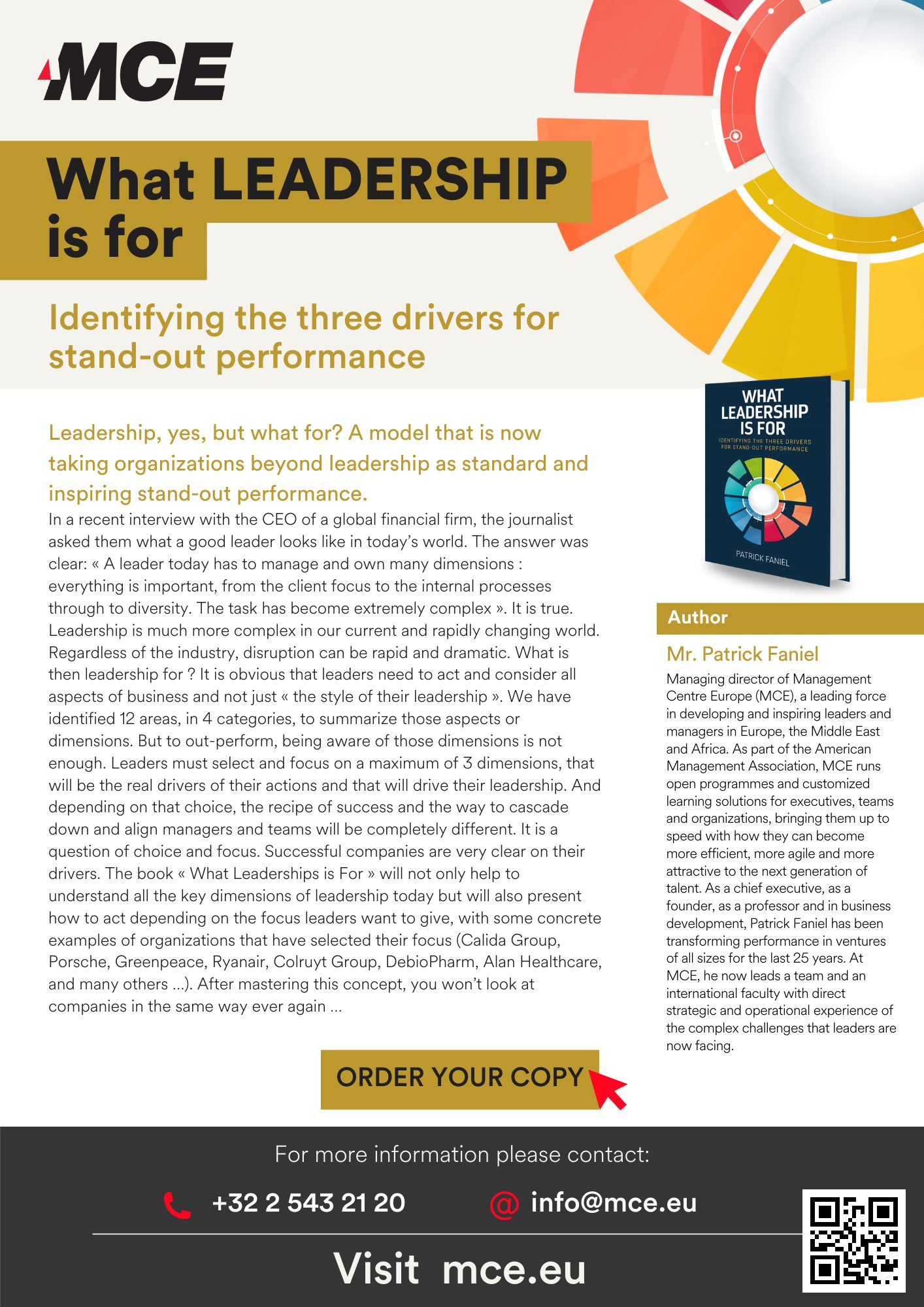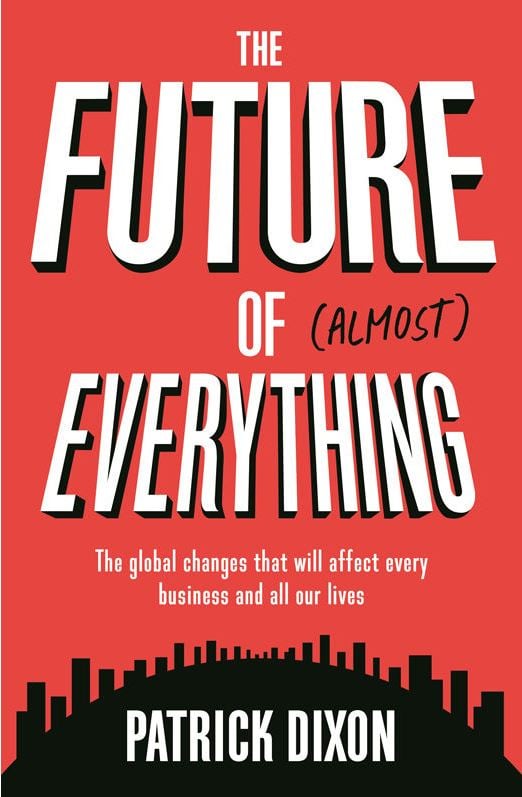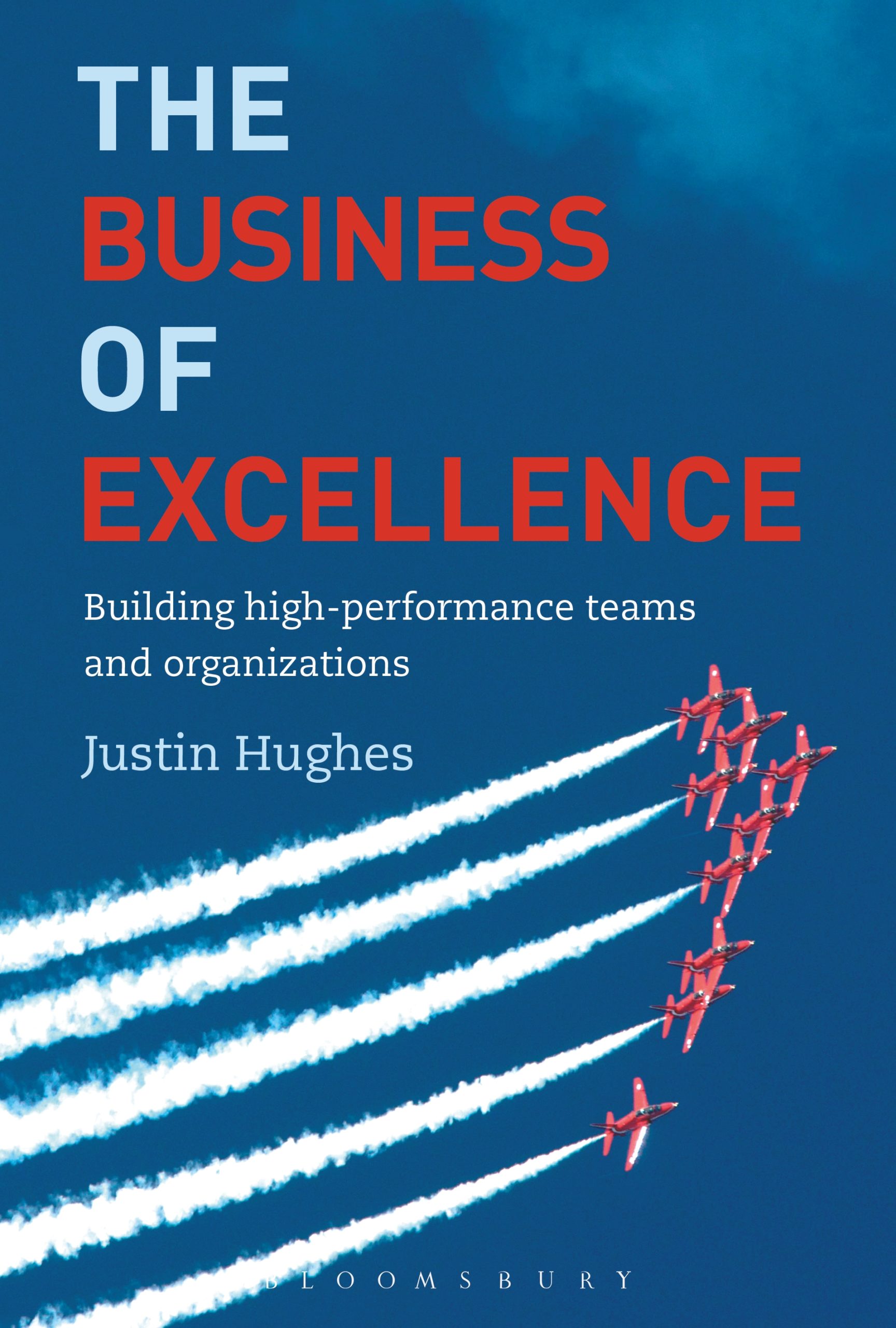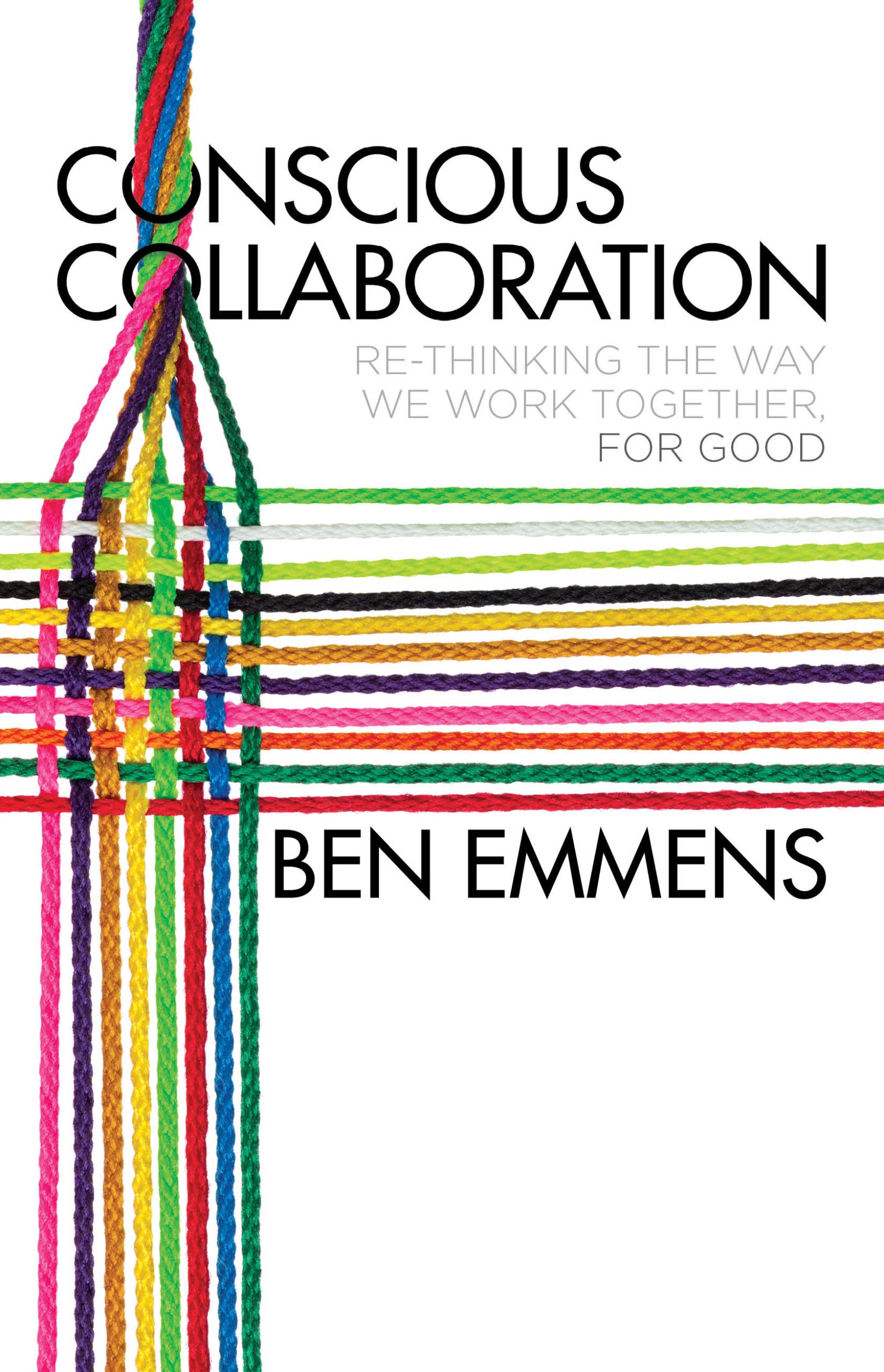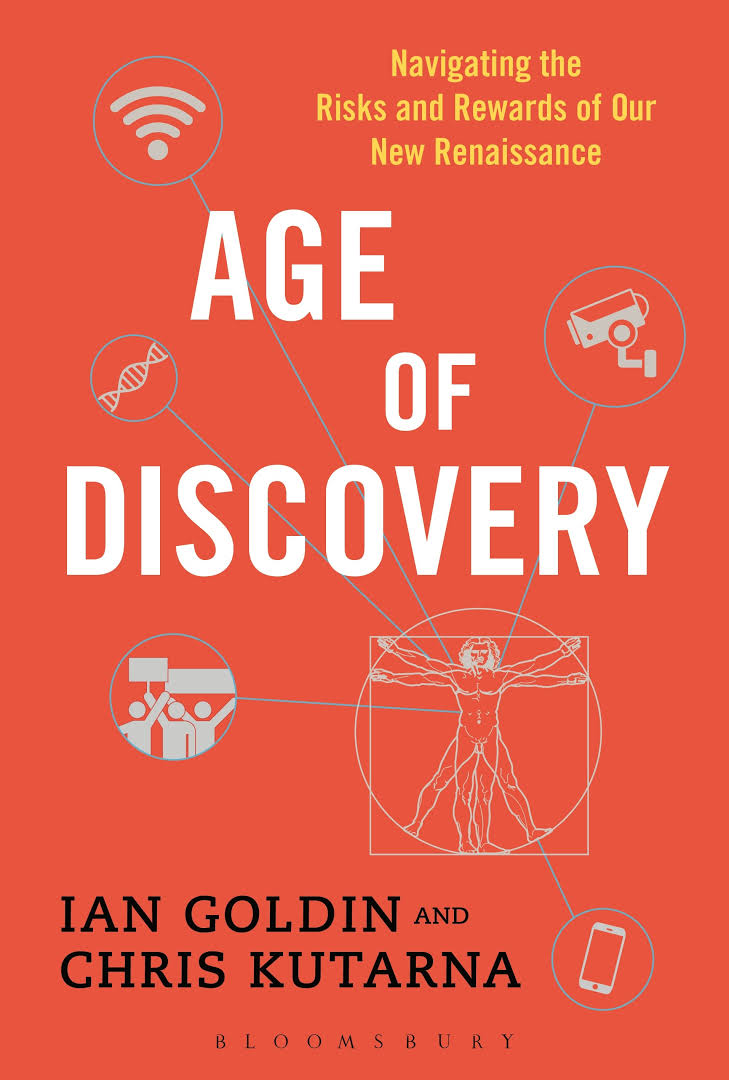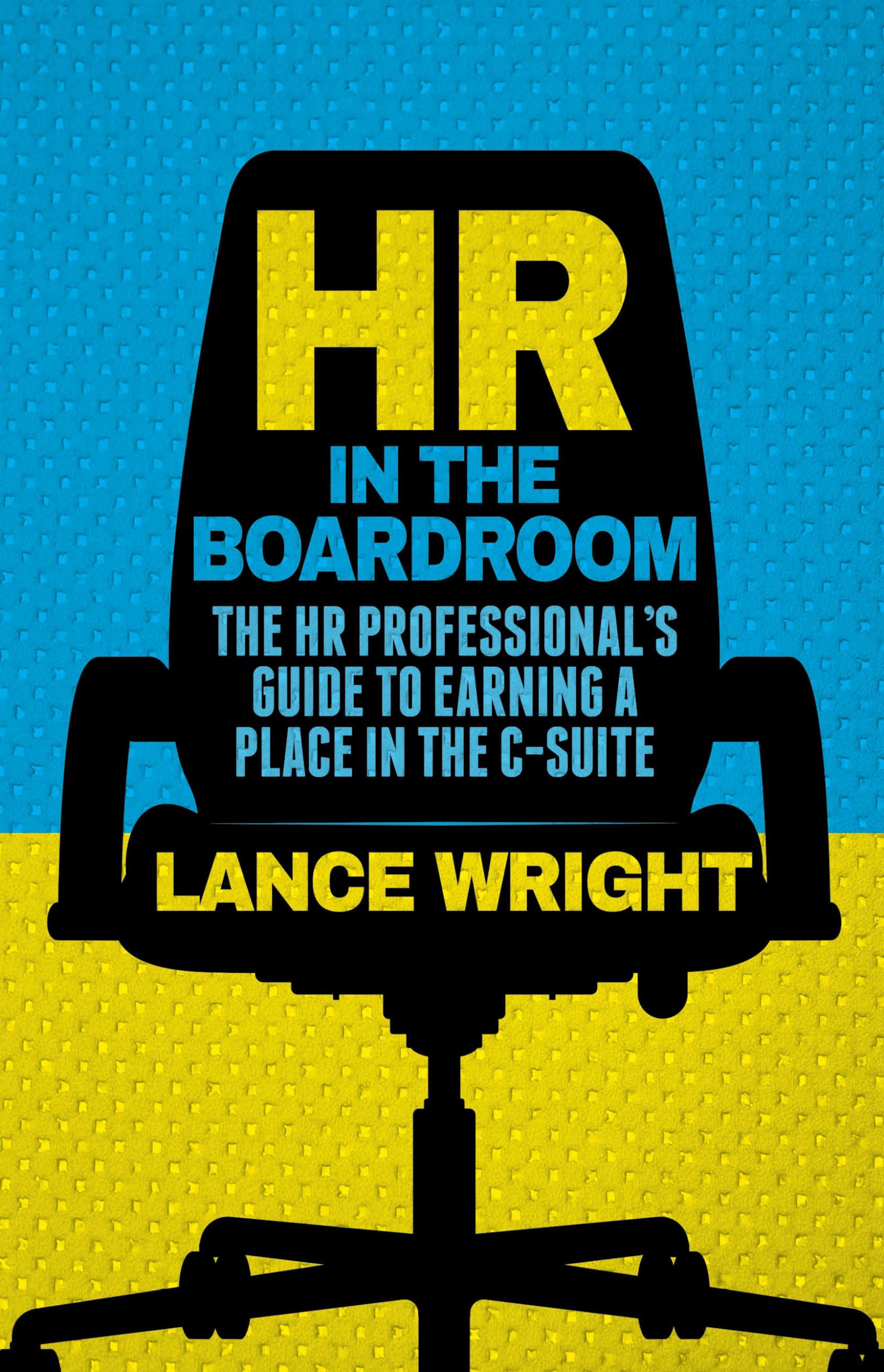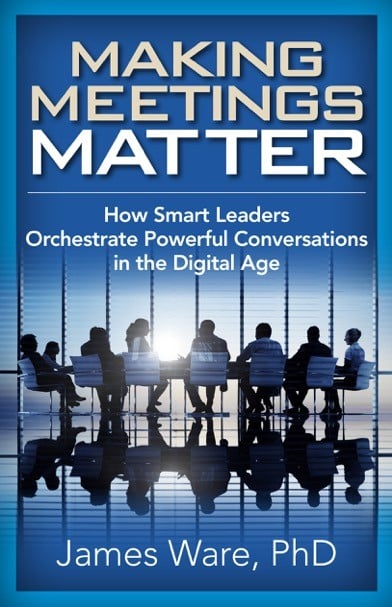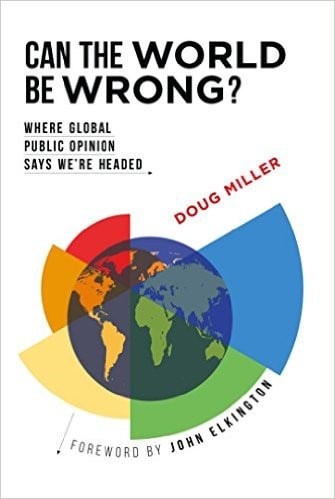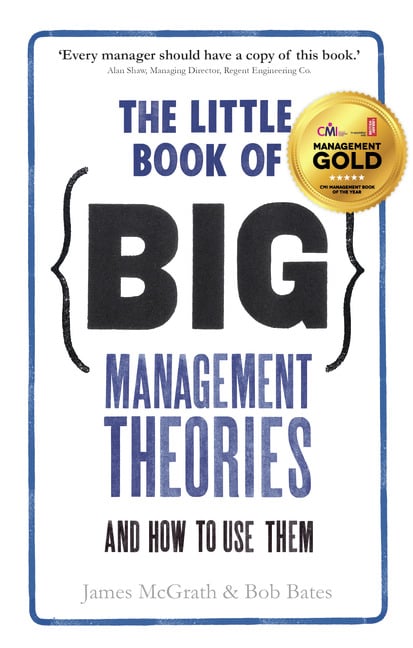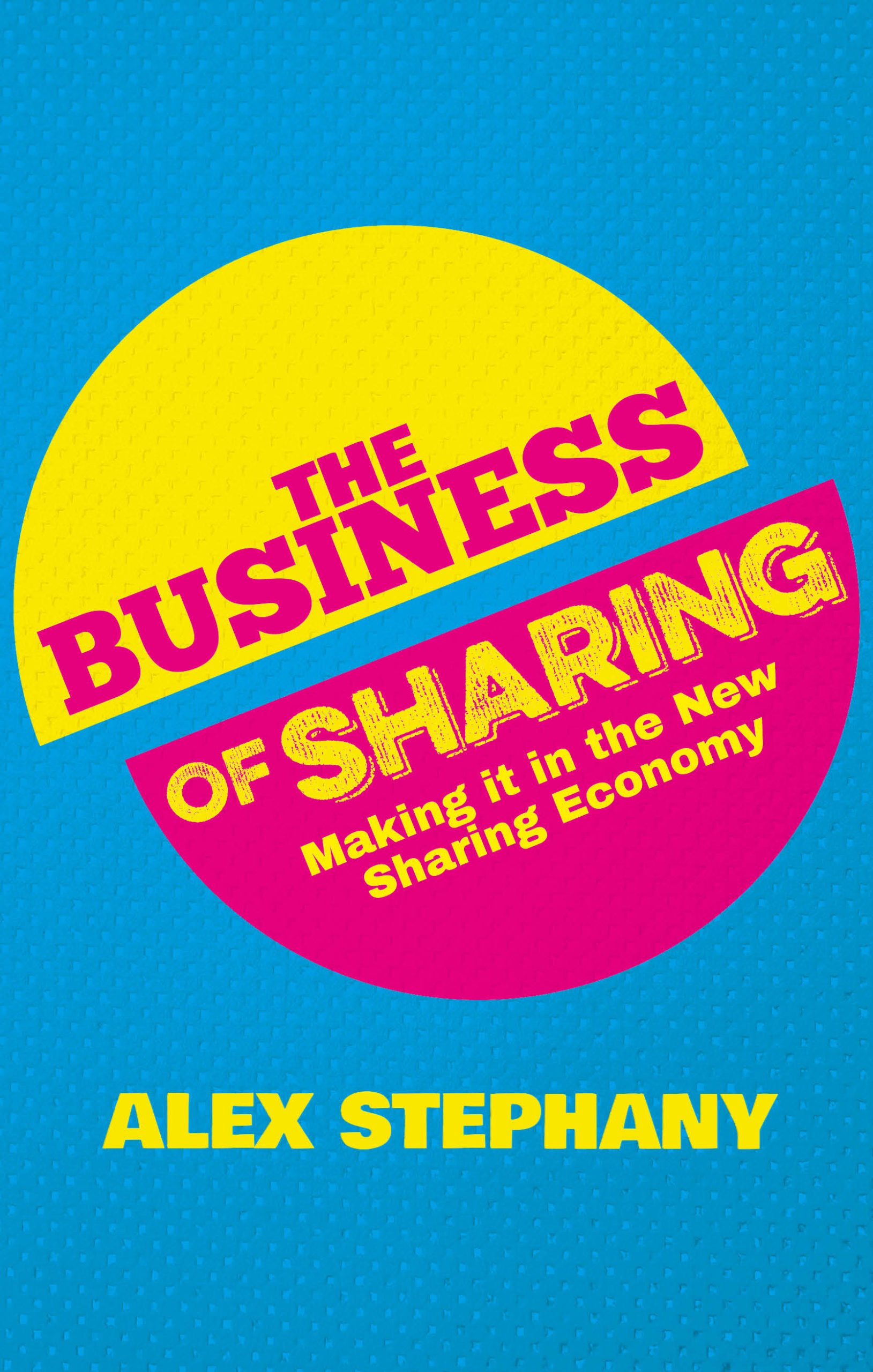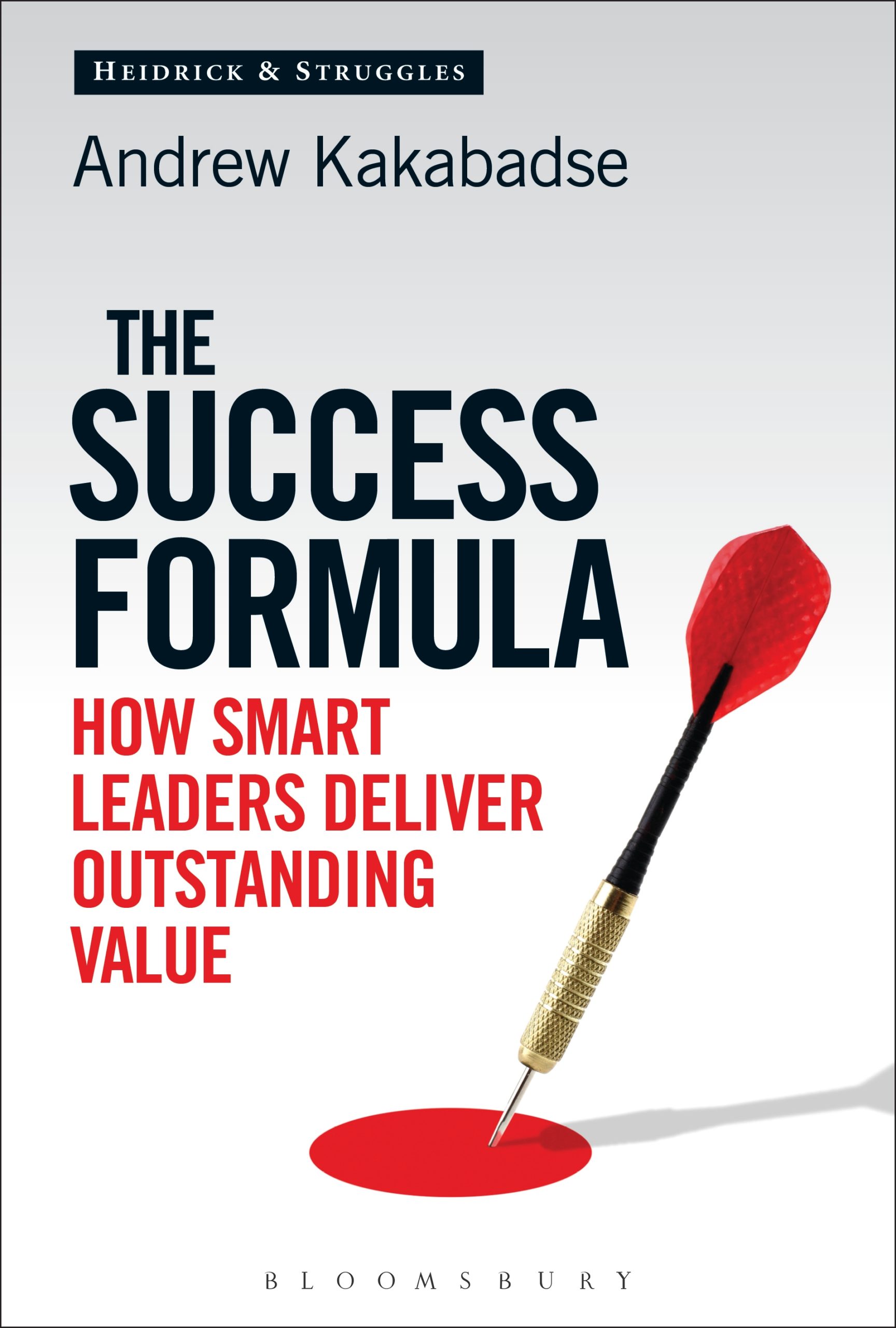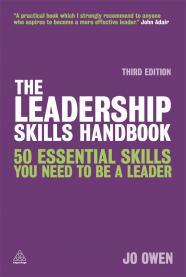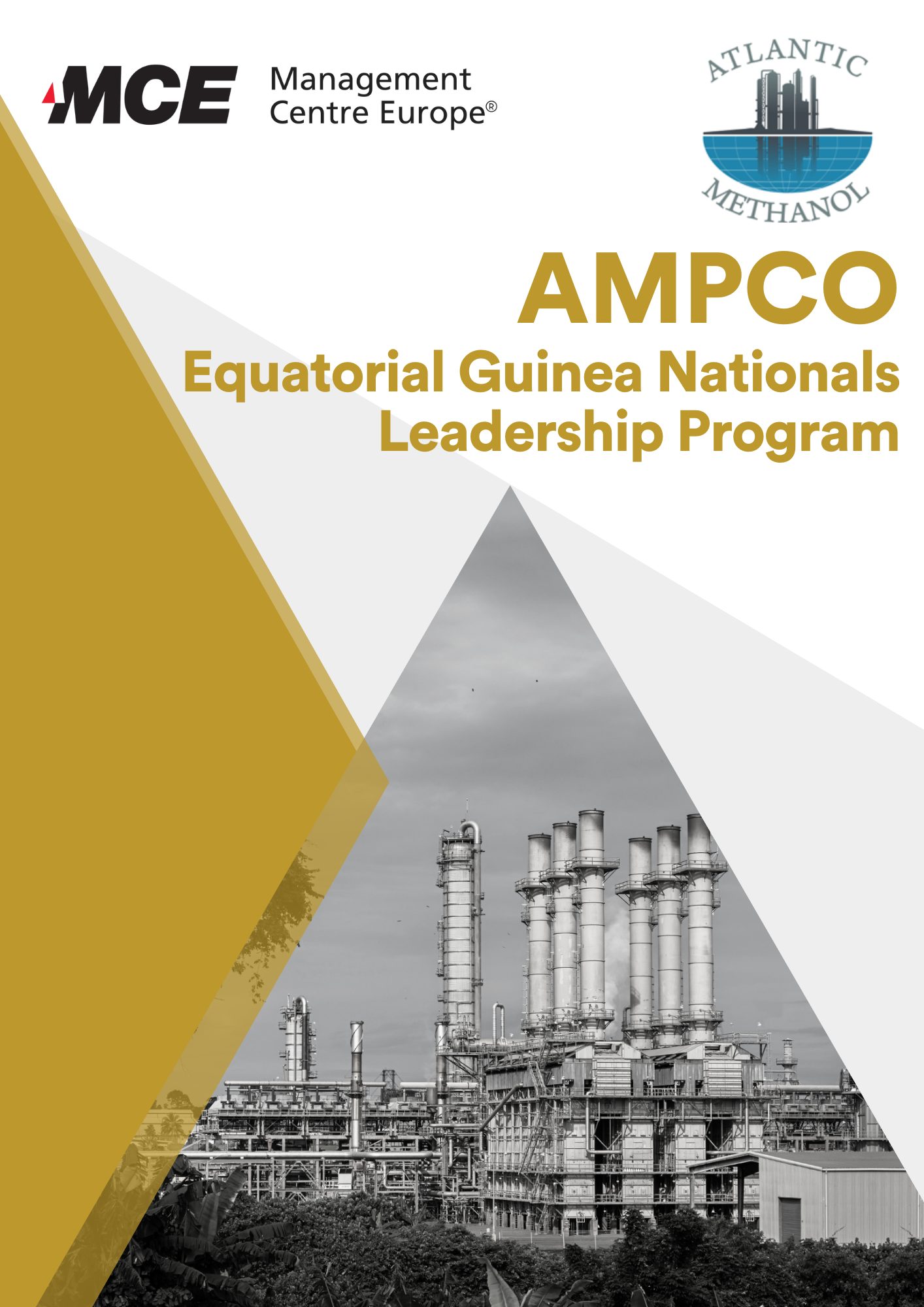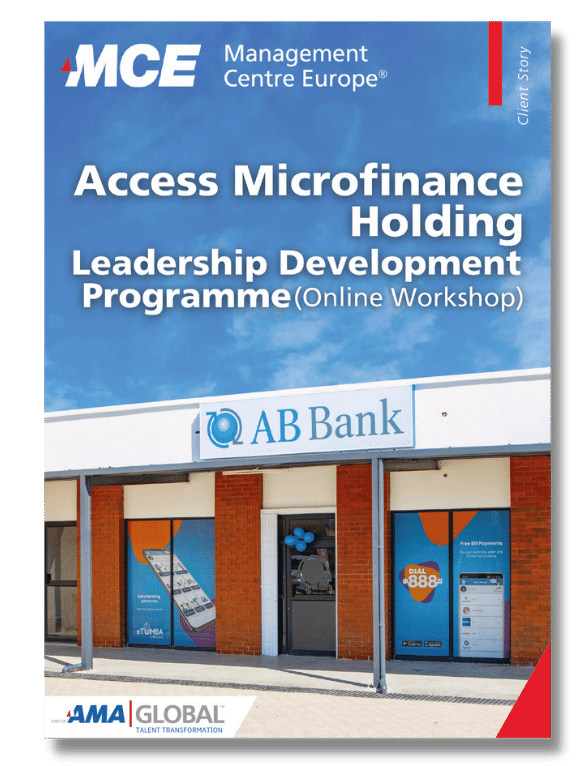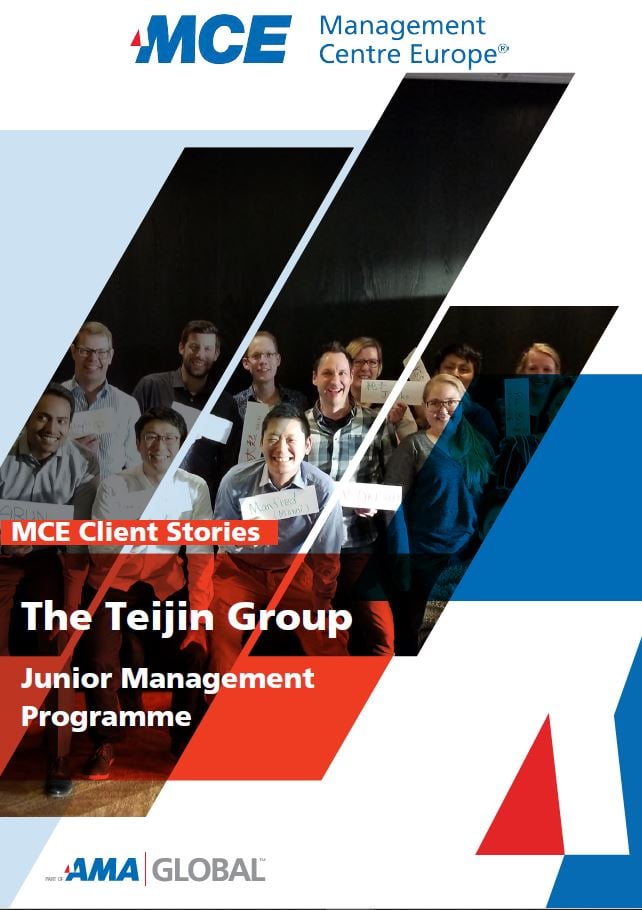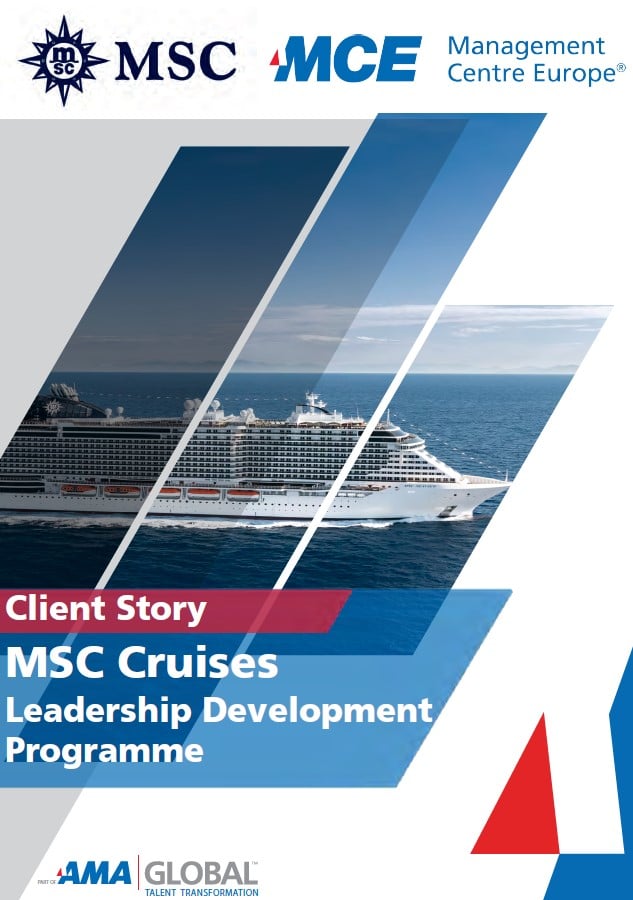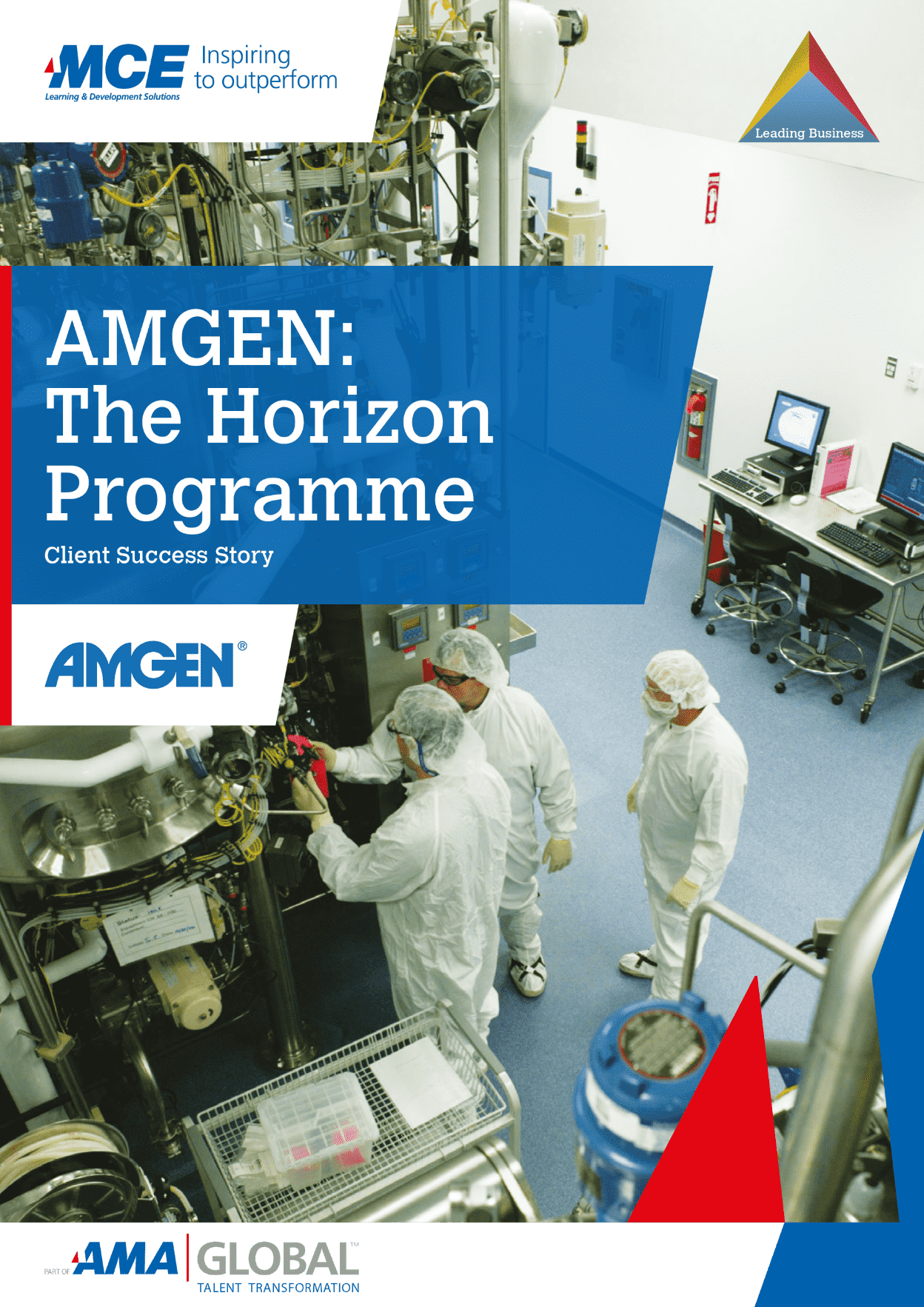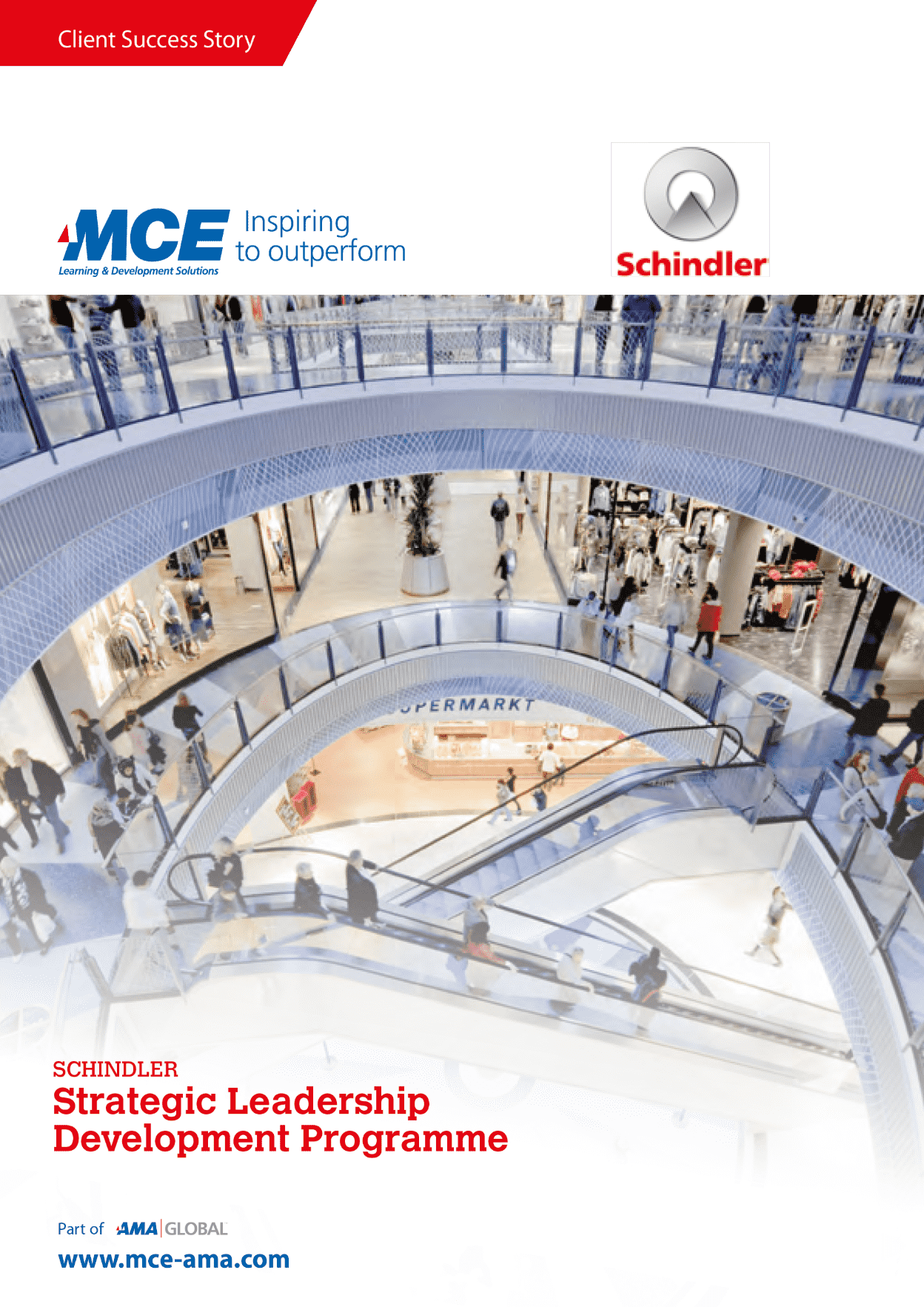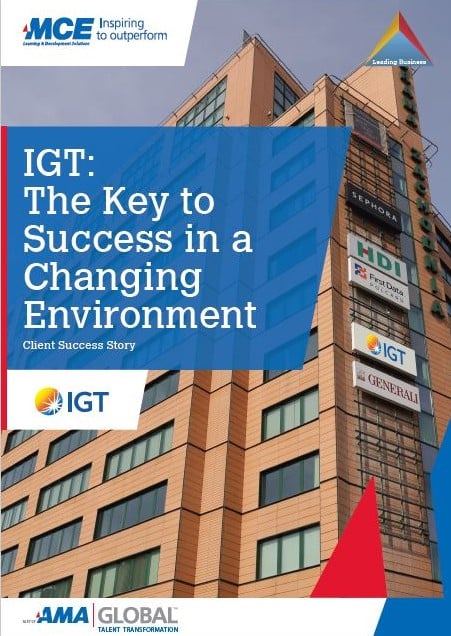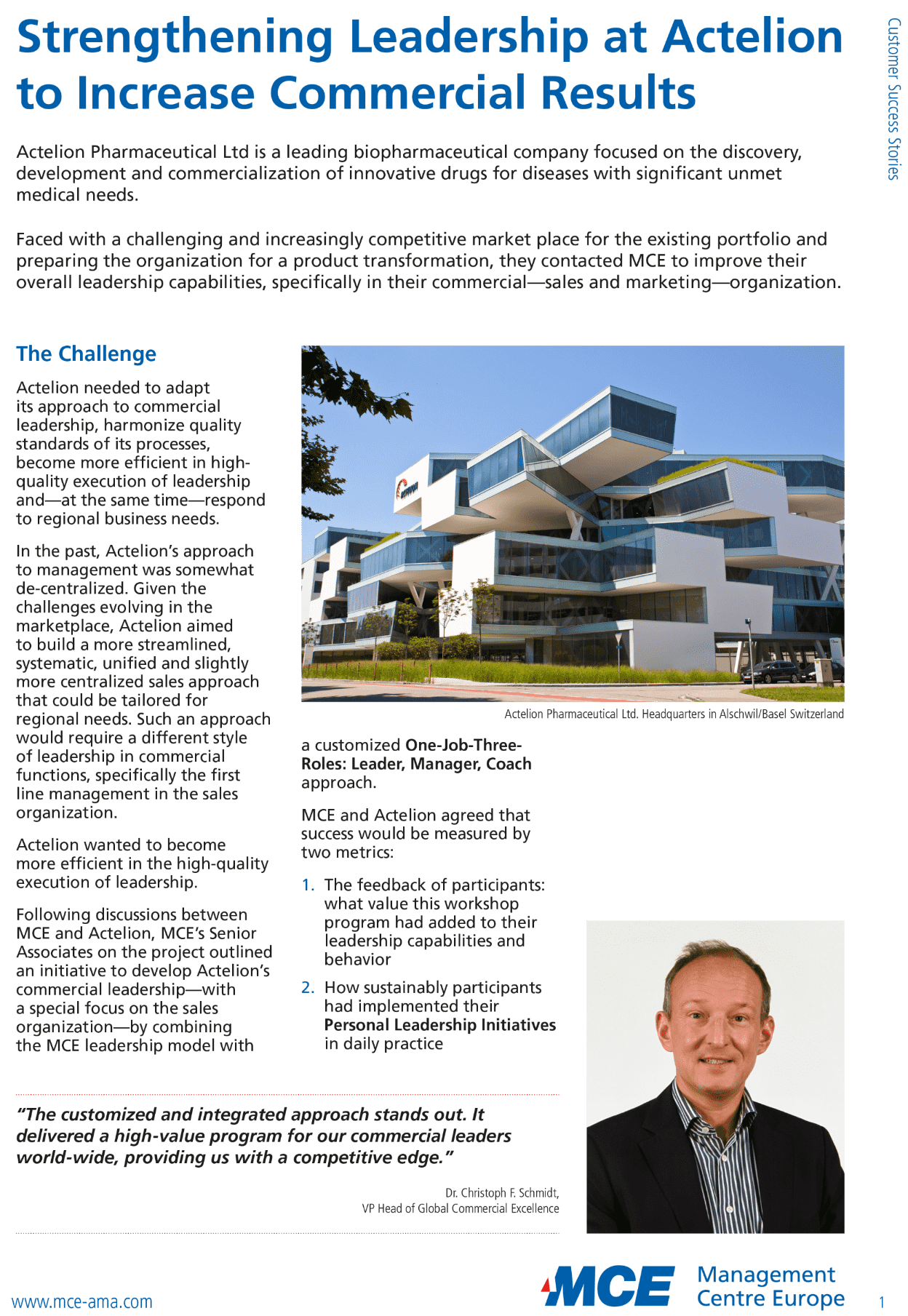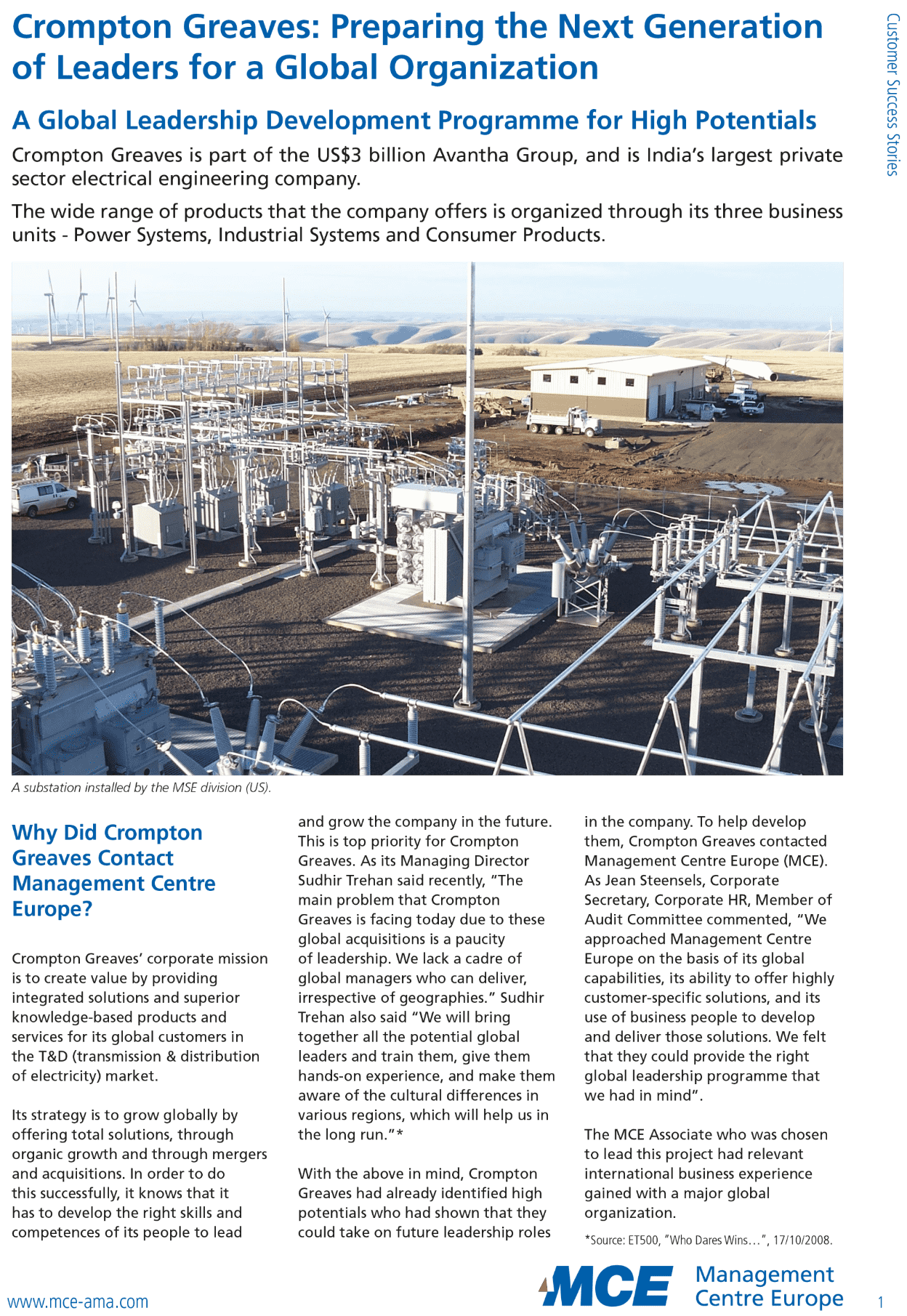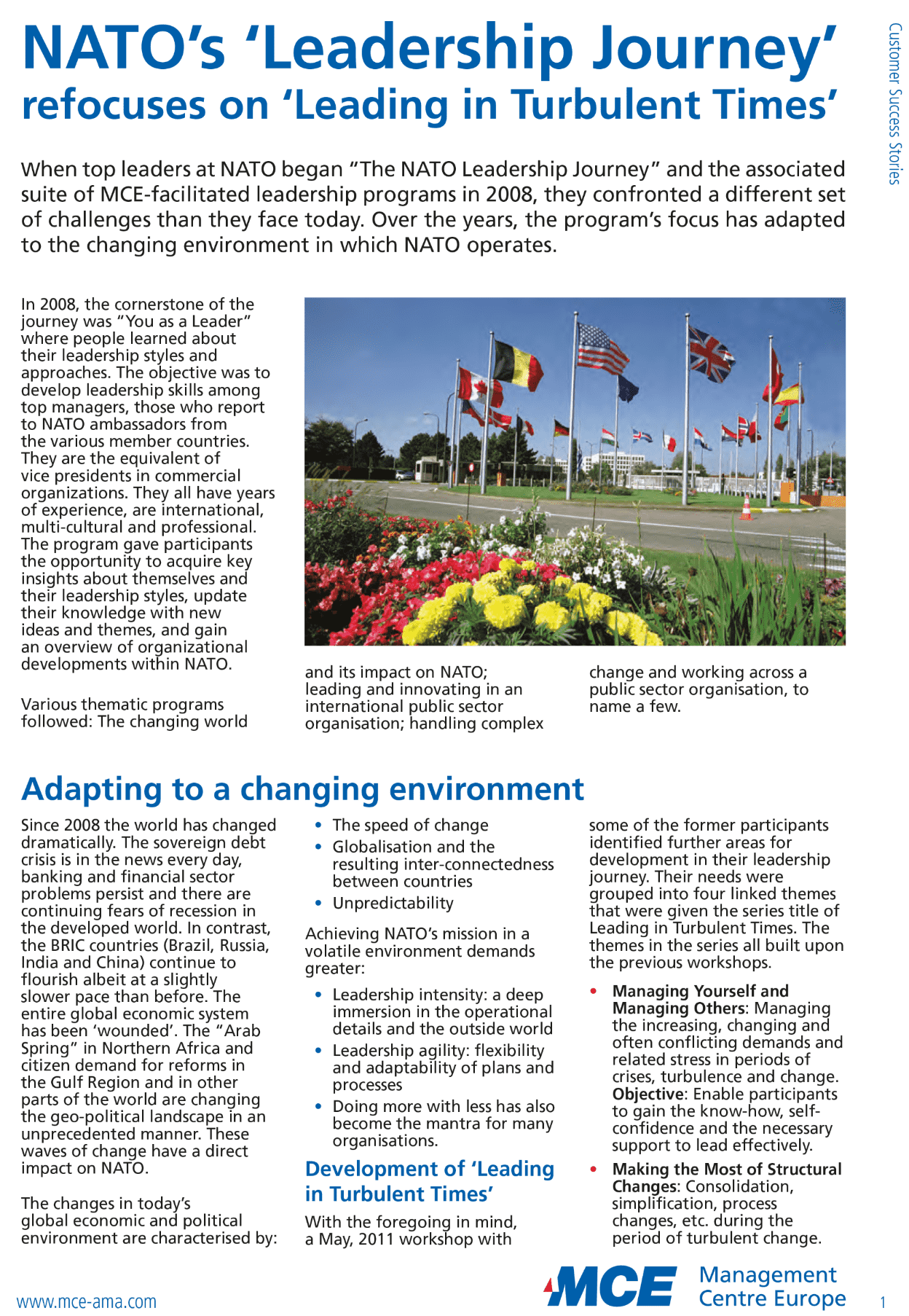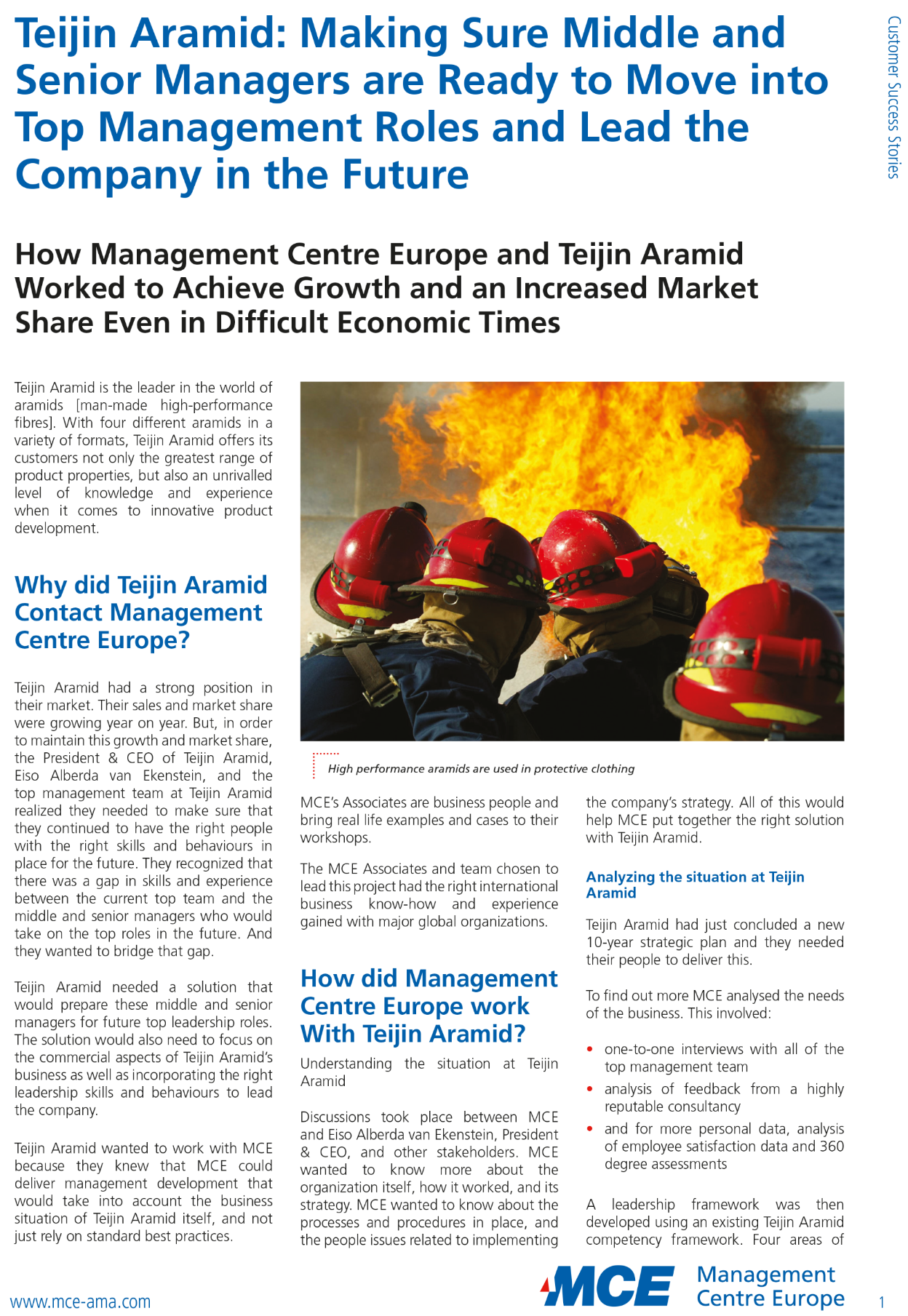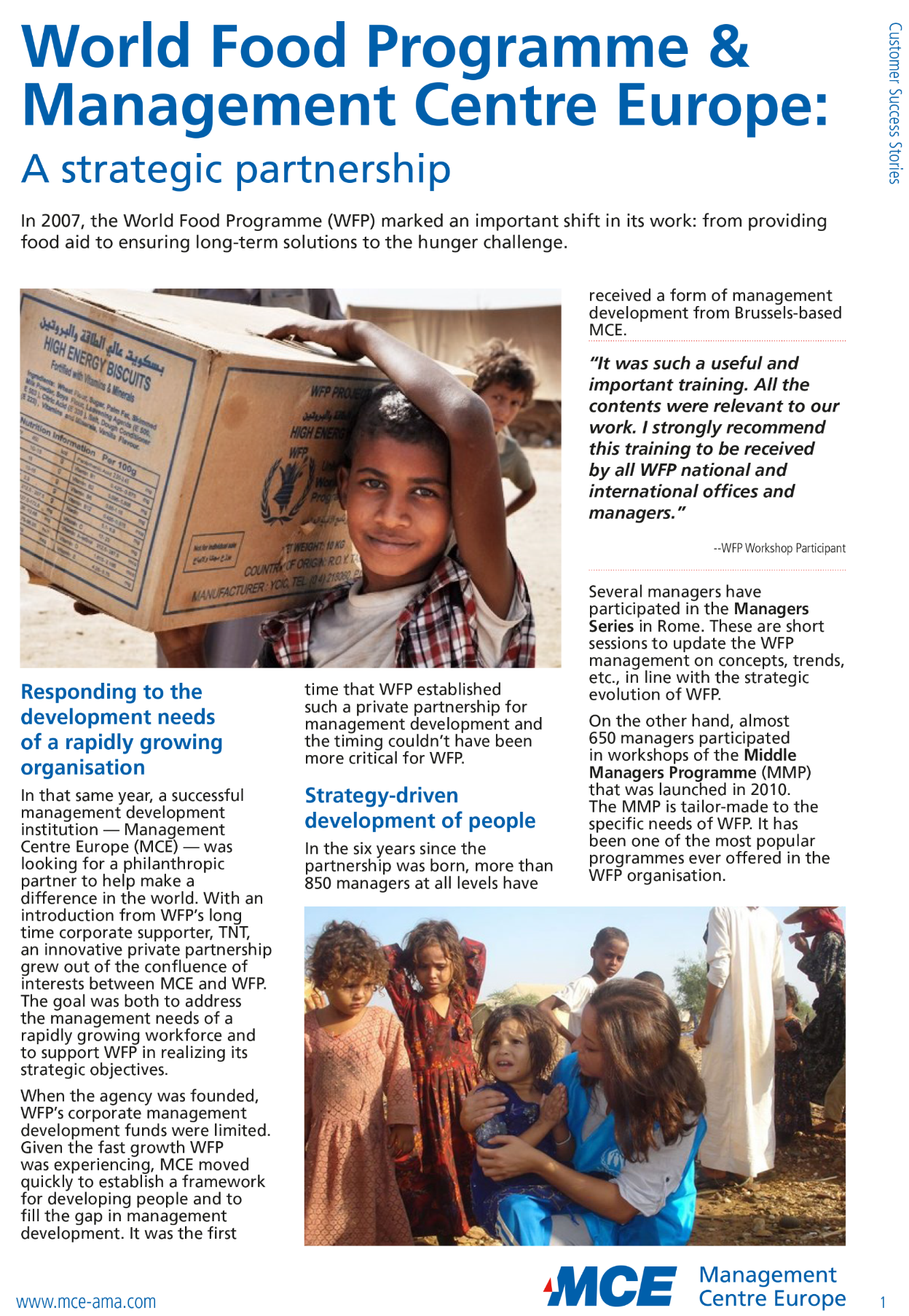
Overview
Learn more
Highlights:
• Learn how to identify all the costs that need to be included in inventory and cost of goods sold in your company
• Create your own Activity Bases Costing (ABC) systems
• Use relevant costing models to make production decisions
Key Competences:
• Cost-volume-profit analysis
• Activity-based costing (ABC)
• Absorption & direct costing
• Cost accounting Variance analysis
• Decision making using data
The Right Programme for you
Typical Participants are:
• Managers
Business Professioanls
Learn, Practice and Use
• Identify fixed manufacturing costs in your company
• Apply fixed manufacturing costs to inventory
• Create a standard costing system and calculate variances
• Create an Activity Based Costing (ABC) system
• Use cost-volume-profit analysis to determine break-even points and margins of safety
• Use relevant costing models for production decisions
• Develop cost accounting methods to optimize the use of resources and materials
• Create costing reports including job-order cost sheets
• Share your knowledge and challenges with your peers and MCE's highly experienced faculty
Programme Modules
What will you learn and practice?
Modules:
1 – Introduction to Cost Accounting
- Explain the Purpose and Functions of Cost Accounting and Its Relationship to Financial Accounting
- Create Cost Estimations By Correctly Applying Relevant Cost-Estimation Strategies
- Define and Categorize Inventoriable Costs
2 – Job-Order Costing and Process Costing
- Explain the Purpose and Application of Job-Order Costing
- Explain the Purpose and Application of Process Costing
- Describe and Calculate Equivalent Units
- Identify, Define, and Categorize Various Types of Product Costs
- Correctly Journalize the Costs of Manufacturing Transactions in a Job-Order Costing System
- Correctly Journalize the Costs of Manufacturing Transactions in a Process Costing System
- Analyze Overhead Costs and Select the Best Method(s) of Allocating Overhead in a Diverse or Multiproduct Operation
- Create Costing Reports, Including a Job-Order Cost Sheet and a Cost of Production Report
3 – Joint Product Costing and Byproduct Costing
- Identify Shared Cost Components Across Product Lines
- Recognize and Differentiate Between Shared Costs and Separable Costs
- Determine Correlating Factors for Cost Allocation During Production
- Calculate Net Realizable Value at Various Production Points
- Differentiate Between Two Methods of Byproduct Revenue Recognition
4 – Absorption Costing vs. Direct Costing
- Differentiate Between Absorption and Direct Costing
- Explain Why Absorption Costing Meets GAAP Requirements While Direct Costing Is Useful for Internal Reporting
- List the Advantages and Disadvantages of Direct Costing
- Recognize the Process and Requirement for Establishing a Direct-Costing System
- Convert a Traditional Income Statement into a Direct Costing Income Statement
- Reconcile the Differences in Net Income Between the Two Types of Statements By Using the Same Data
5 – Standard Costing and Variance Analysis
- Explain the Relationship Between Standard Costs, Employee Motivation, and Performance Evaluations
- Understand the Different Approaches to Setting Standards and Explain the Implications of Each Approach
- Identify Actions or Situations That Create the Need to Change Standards
- Assess the Implications of Changing Standards
- Discover the Reasons for Cost Variances and Make Recommendations to Bring Costs into Better Alignment with Established Standards
6 – Activity-Based Costing (ABC) for Management Control
- Explain Reasons for Using Activity-Based Costing Instead of Traditional Methods
- Identify and Assign Costs to Activities
- Design a Basic Activity-Based Costing System
- Compare Data Generated By Your Activity-Based Costing System with a Traditional Costing System and Draw Conclusions About the Appropriate Application of Each Method of Costing
7 – Cost-Volume-Profit Analysis and Break-Even Point
- Identify Fixed, Variable, and Mixed Costs
- Apply Cost Accounting Formulas to Identify Profitability
- Explain the Applications and Limitations of Cost-Volume-Profit Analysis
- Discuss the Use of Contribution Margin in “What If” Analysis
- Describe Margin of Safety and Its Impact on Decisions to Add Fixed Costs or to Change Cost Structures
- Create an Income Statement for Use in a Cost-Volume-Profit Analysis That Segregates Costs According to Their Behavior
8 – Relevant Costing and the Contribution Approach to Decision Making
- Determine Which Costs Are Considered Relevant in a Decision-Making Process
- Apply Relevant Costing to Evaluate Different Scenarios When Making Decisions
- Calculate Relevant Costs and Analyze the Implications of Accepting Business at a Special Price
- Calculate Relevant Costs and Analyze the Implications of Dropping a Product Line or Closing a Facility
- Calculate Relevant Costs and Analyze Potential Decisions When There Are Limiting Factors of Production
Testimonials
“ It is a perfect possibility to connect with people from different industries, who are dealing with the same issues.”
Agata Kulik, Product Manager Special Salts, Jungbunzlauer Ladenburg GmbH, Germany
“ Facilitator, content, tools, methods, room were very good and fitted to the participants and their needs.”
Andreas Armenat, Head of Production, GO Generics & Standard Solutions, Fresenius Kabi AG, Germany
“Very interesting topics, international and multicultural environment. Very professional coach.”
Alessandro Foresio, Vice President, Logic S.p.A., Italy
“The subjects covered were extremely relevant and gave input to my personal development.”
Rosa Karen Schmidt, Senior VP-Assistant, Novo Nordisk, Denmark
FAQ
ABOUT MCE’s OPEN ENROLMENT PROGRAMMES
What time does the programme start and finish?
MCE programmes start at 9:00 and finish at 17:00. Lunch is a 1-hour break and there are two coffee breaks too. On the last day, the programme finishes at 16:30 as we know a lot of people have to catch planes and trains.
What should I wear (dress code) when participating in an MCE Programme?
Most participants wear Business Casual clothes. A formal business suit is not necessary.
Are there MCE approved/recommended hotels?
Yes, each programme has recommended hotels that have the best rates. We include details of these hotels in your registration pack.
Are meals included? I don’t eat certain food. Can I order special meals?
Lunch is provided every day and we always organize a buffet so you have a good choice of foods to cater for different needs.
Are there evening activities?
Your evenings are free, although there some exceptions (e.g. On the MCE Leadership Development Programme there is an activity on day 3)
Is there a free Wi-Fi?
For programmes at MCE in Brussels, there is free Wi-Fi throughout the building. For other locations, the services can vary, but in most locations we have organized free Wi-Fi.
What level of English do I need to take part in an MCE Programme?
MCE’s participants come from over 90 different countries but all of our open enrolment programmes are run in English. You need to have a good working knowledge of English to be able to fully participate in the programme and network with other participants. If you have difficulty understanding these questions, the programme might be difficult for you too.
Will I get a certificate at the end of the programme?
Yes, a certificate of attendance is provided to you upon successful completion of the programme.
CONTENT OF MCE’S OPEN ENROLMENT PROGRAMMES
Are MCE programmes certified by an official body/organization?
10 of MCE’s top selling programmes are approved by Project Management Institute and you can find more information on these programmes here.
What is the MCE approach to learning and development?
All of MCE’s Open Enrolment programmes are based on MCE’s FEEL-THINK-DO and 70-20-10 principles to enable effective learning transfer.
Who designs MCE programmes?
Our Portfolio team together with the core MCE Senior Associates design all of our programmes based on the ROPES model.
Are MCE’s Programmes practical?
MCE’s programmes are all designed to allow to practice what you have learnt. So you will have lots of time to practice, practice and practice.
REGISTRATIONS, PAYMENTS AND FEES
Are VAT rates included in the price?
The price advertised in this page is VAT excluded and applicable to clients and companies legally based in the European Union.
All clients outside the European Union (EU), e.g. Middle East, Africa, Asia and America, are exempt from VAT rates. For them, the price advertised here is the final price to be paid.
- One exception: Training Programmes in France. All clients (inside or outside the European Union) following training programmes in France are liable to 20% VAT rates in all cases.
When are VAT rates applicable to me?
In the case of clients and companies legally based in the European Union, VAT rates will be added to the price in the following cases:
- If the client is a natural person (B2C) without a VAT number. 21% VAT applicable.
- If the training programmes runs in France: 20% VAT applicable.
- Also applicable to clients outside the European Union (EU)
- Except when
- The client is VAT-exempt
- If the client is legally registered in Belgium (independent from where in Europe the training programme is followed): 21% VAT applicable.
- Except when:
- The client attend the training programme in France: 20% VAT applicable instead.
- The client is VAT-exempt
- If the client does not provide a corporate VAT number or does not have any VAT number: 21% VAT applicable (Only applicable to clients in the EU).
- Except when:
I don’t have approval from my finance team yet, can I make a tentative registration?
Yes, simply contact us and we will hold a place for you.
Is hotel accommodation included in the programme fee?
No, participants are expected to arrange their own accommodation and travel. The Programme fee covers the programme attendance, materials, lunches & refreshments.
Does MCE give discounts or grants for individual registrations?
MCE works mostly with companies and organizations and we can provide corporate deals for group bookings or preferred supplier deals. If you would like to discuss a corporate deal, we will be happy to talk to you.
Can I pay with my corporate credit card?
Yes, you can. We accept VISA, Mastercard and Amex.
Does MCE have corporate deals/frameworks available?
Yes, we have. Please contact us for more information.
Can I cancel or change my booking free-of-charge?
At MCE, we understand that business people have commitments and changes do happen. So you can cancel or change your registration up to 21 days before the programme starts without any fees or charges. After that date, you will need to pay full fees, but you are allowed to transfer once to a new programme date.
The MCE Team is ready to answer any questions you have. Please contact us by phone, email, contact form or even website chat. We would be happy to talk to you!
Dates & Locations
07 Apr – 09 Apr 25 (Frankfurt)
10 Nov – 12 Nov 25 (Prague)
Duration
3 Day(s)
Price
€2995
excl. VAT*
Brochure Download

